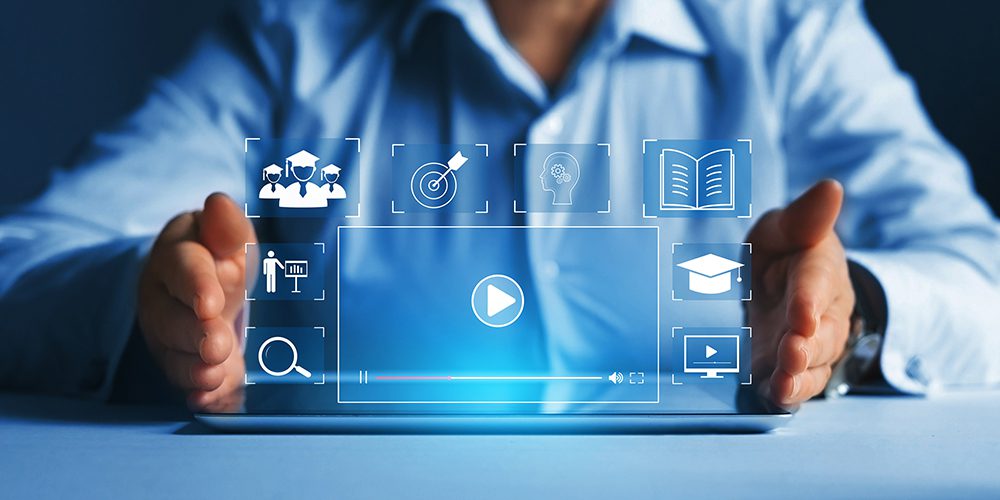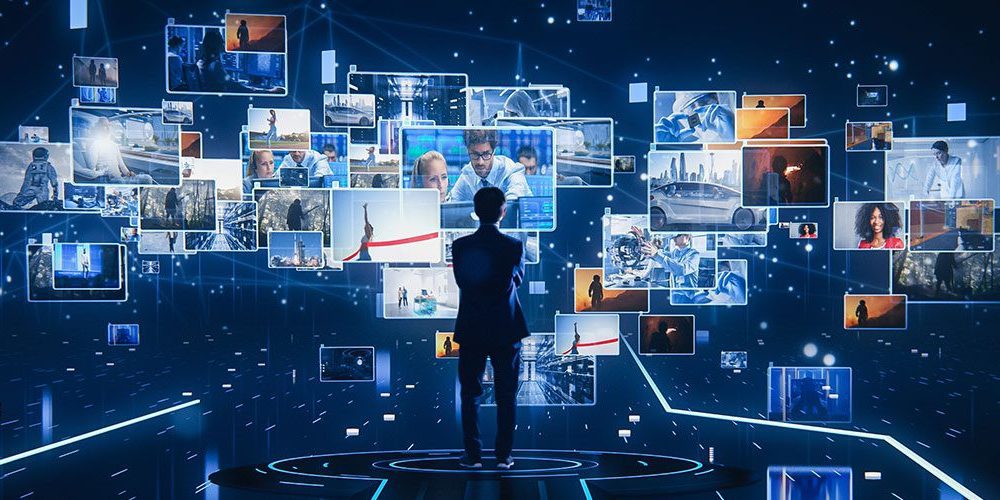Tailored for Success: The Evolution and Benefits of Personalized Learning

DGM – Key Accounts
Swift AI Integration and Deployment with Quixl, AI accelerator. Request a Demo

DGM – Key Accounts
Personalized learning represents a significant shift in educational methods, focusing on the unique needs, strengths, and preferences of each learner. This approach, increasingly supported by adaptive learning technologies and customizable resources, offers a variety of benefits and addresses many challenges inherent in the traditional one-size-fits-all educational model.
The concept of personalized learning has evolved over centuries, becoming a fundamental aspect of contemporary education.
Personalized learning aims to create engaging, relevant, and effective educational experiences. It adapts to each individual‘s learning style, pace, and interests, ensuring that educational content is directly applicable and meaningful.
The integration of artificial intelligence (AI) in personalized learning is set to be a game-changer. AI algorithms can analyze extensive student data to create highly customized educational content. This technological evolution promises more efficient, engaging, and effective personalized learning experiences.
Adaptive learning technologies, driven by AI, play a crucial role in this process. They analyze student performance data to tailor educational content, enhancing learning experiences. This technology is especially beneficial in homeschooling environments, allowing for curriculum customization. AI-driven tools, such as learning analytics, provide insights into student performance, aiding educators in making informed decisions and adjusting curricula as needed.
The shift towards personalized learning paths marks a significant evolution in education, recognizing and catering to the diversity of learner needs and preferences. By leveraging adaptive technologies and customizable resources, educators can create more effective, engaging, and relevant learning experiences. This approach not only improves individual learning outcomes but also prepares learners for the challenges of a rapidly changing world. As these technologies continue to evolve, the potential for even more refined and effective personalized educational experiences grows, promising a future where each learner’s potential is fully realized.

The pandemic underscored the strategic importance of learning and development (L&D) within corporate structures, with 62% of business leaders recognizing it as either highly important or critical to business success. Yet, despite this recognition, a persistent challenge remains. Before and during the pandemic, 55% of organizations reported an inability to effectively measure the impact of […]..more

Discover how iLancer streamlines freelance operations with centralized project management, communication tools, and automated payment systems...more

The European Accessibility Act – Promoting Digital Inclusivity Digital accessibility is increasingly acknowledged as a fundamental human right, vital for social inclusion and equal opportunity. The European Accessibility Act (EAA) spearheads initiatives to ensure that all digital products and services are accessible, particularly for individuals with disabilities. As a cornerstone of legislative efforts towards inclusivity, […]..more

Explore the profound impact of AI on the media and entertainment sector, from revolutionizing content production to redefining customer interactions...more

As artificial intelligence (AI) evolves, its resonance spreads across various sectors, notably in the publishing industry. This article explores the dynamic interplay between human linguistic expertise and AI-driven, language models, focusing on how their integration reshapes publishing. We examine both the technical aspects and the practical applications of AI in publishing, alongside the intrinsic human […]..more

The landscape of modern business is constantly evolving. Artificial intelligence (AI) automation is rapidly transforming how companies operate, automating repetitive tasks, streamlining processes, and unlocking new levels of efficiency. While the financial benefits of AI automation are undeniable, a truly comprehensive understanding of its return on investment (ROI) requires looking beyond the bottom line. According […]..more

© 2023 | Integra Software Services Pvt. Ltd.